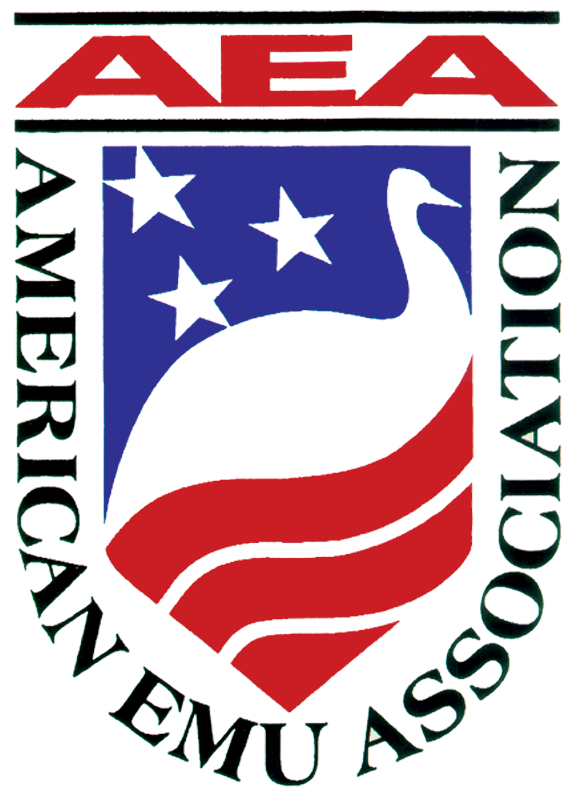Eastern equine encephalitis transmission to emus (Dromaius novaehollandiae) in Volusia County, Florida: 1992 through 1994.
From May 1992 through October 1994, sera were collected from 204 domestic emus (Dromaius novaehollandiae) at a ranch in Volusia County, FL, and tested for antibody evidence of arboviral infection. Hemagglutination-inhibition (HI) and neutralizing (NT) antibodies to eastern equine encephalitis (EEE) virus were identified in sera collected during each year. In addition, HI and NT antibodies to St. Louis encephalitis virus were detected in 3 naturally infected emus. Isolations of EEE virus were made from emu blood and tissues collected in 1992 and 1994, when EEE-related mortality in emus was 14% and 1%, respectively. A total of 259 mosquito pools was collected and tested for arbo-viruses during the 3-year study. The EEE virus was isolated from 4 of 140 mosquito pools (2 Anopheles crucians and 2 Culex erraticus pools) in 1992 and 3 of 10 pools (all Culex nigripalpus) in 1994. Emus vaccinated against EEE virus showed evidence of short-term HI antibody acquisition. Evidence of EEE antibody transfer from naturally infected hens to their offspring is reported.
J Am Mosq Control Assoc. 1996 Sep;12(3 Pt 1):429-36.

Founded in 1989, The American Emu Association is a non-profit trade association representing breeders, producers and marketers of emu meat, oil and other emu co-products. The emu industry is an alternative agricultural industry, dominated by the small farmer, who is devoted to humane and environmentally positive practices that will produce beneficial products for society. For more information about the American Emu Association (AEA) or the emu industry visit http://aea-emu.org